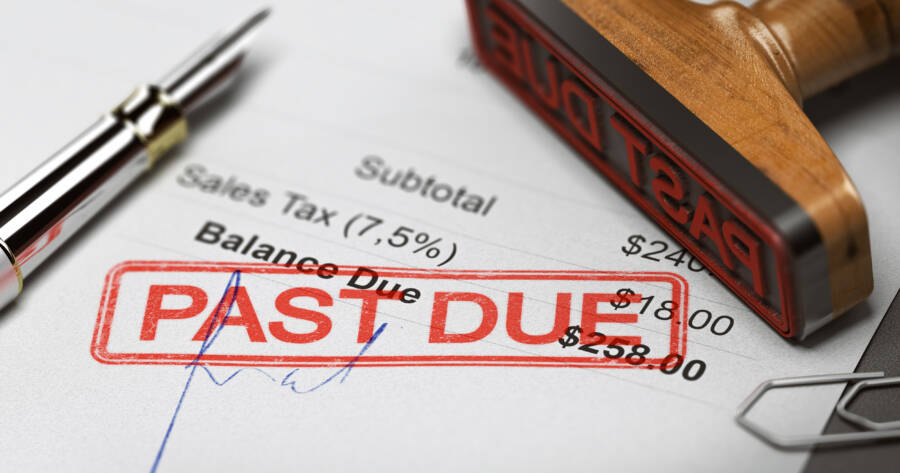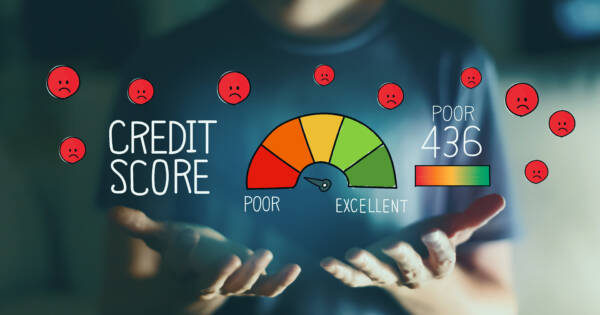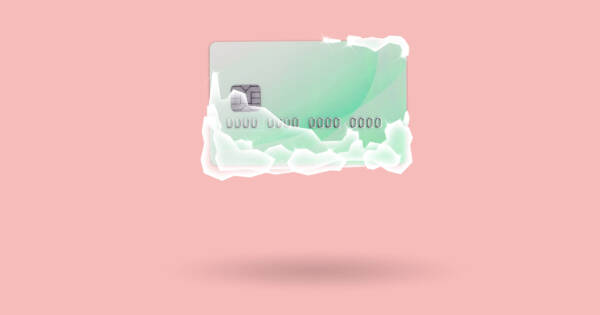Getting back on your feet during hard times can feel downright impossible. Especially when creditors and collection agencies are calling night and day wondering where their payments are.
As you sit down to try and figure out the best possible way to satisfy all your debt, the notion of consolidation seems appealing. After meeting with a debt consolidator and compiling all the information, they will work out a loan agreement that covers the cost of your debt, then settle with your creditors.
It can sound like a dream come true. When you’re struggling financially and tired of the phone calls, one low monthly payment designed to help you get yourself out of the hole seems like a blessing. However, did you think about the massive interest the debt consolidator collects on their end? In many cases, it’s a number most of us can’t afford.
What is Debt Consolidation?
Debt consolidation is a refinanced loan with extended repayment terms. It gives you the illusion of a lower interest rate, lower monthly payment, and a simplified debt plan. It’s important to note that debt consolidation doesn’t mean your debt will be eliminated. Plus a lower interest rate isn’t always a guarantee when you consolidate. Often times, debt consolidation companies don’t follow through with what they promise – to actually get you out a debt. It just transfers the payments to them.
Here’s why you should opt out of debt consolidation and follow alternative solutions that will ultimately lead you to your end goal of being debt free.
Alternative Solutions
You might not realize that your creditors will often work with you toward settlement. In cases where you owe a lump sum of past-due debt, the original creditor is often willing to settle for half of the amount owed if you are able to pay it all at once. Even if they don’t want to settle for less than what you owe, they will work with you to set up a monthly payment arrangement.
Before you even get started making arrangements with creditors, you need to find out exactly who they are and how much you owe. For example, you might have bought a car from the Ford dealership, but a local bank probably actually provides the load. You can find out what you owe by obtaining a free copy of your credit report from one of the three Credit Bureau approved services: Experian, TransUnion, and Equifax. As a consumer you are entitled to one free copy of your credit report from each one of these services once per year.
After you have your credit report in hand, make a list of each creditor and the amount you owe in order to satisfy your debts. This also includes debt that has been turned over to the collection. Beside each creditor write their contact information.
Budgeting Helps
Create a budget based on your total monthly income. Subtract the amount you pay out each month to meet your basic needs. The final number is what you have left to work with when you’re ready to approach your creditors. Divide that number by the number of creditors you owe money to and you have a fair and equal amount you can offer each creditor in the way of a final settlement or monthly payment.
Contact each creditor individually and present them with your offer. Make sure you note that all of your creditors have been offered the same amount and the first ones you will pay each month are those who accept your offer. It may take a bit of back and forth negotiating, but it’s not impossible.
Once you have a payment agreement set up with each creditor, make sure you diligently pay each month. Missing a payment could give them grounds to cancel your payment plan altogether. It may sound like a lot of work, but in the long run it’s probably easier on your budget than paying a debt consolidator.








